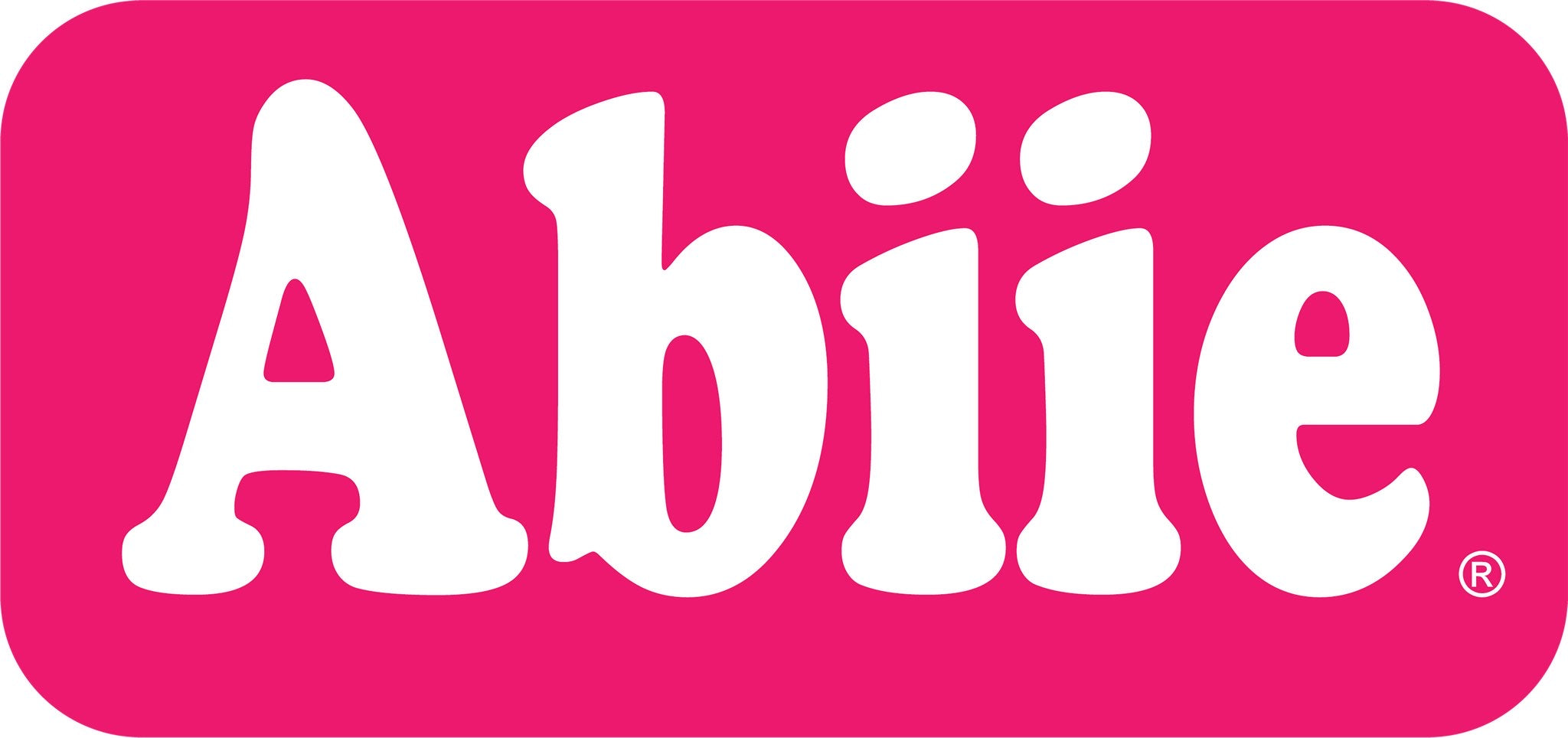Expectant fathers have the privilege of experiencing the joy of bringing a new life into this world without morning sicknesses, food aversions, physical discomforts, and labor.
Nonetheless, fathers are expected to uphold their roles as new parents.
Being an attentive father has great health benefits for newborns. Hence, fatherhood shouldn't be underestimated. Here are six essential duties for new fathers that will build a bond between child and parent.
1. Changing Diapers
New babies are peeing and pooping machines! It's amazing how these tiny humans produce so much waste. New parents find themselves needing to change diapers every two or so hours.
That's about 12 diaper changes in a single day. The good news is that as the days go by, diaper changes become less frequent. But that doesn't change the fact that you will still need to plow through lots of diapers.
As an expectant father you will have to learn how to change a diaper the right way.
2. Burping the baby
It is common knowledge that babies often get gas while feeding. Burping helps your baby get air bubbles out.
To successfully feed your baby with a milk bottle, you are encouraged to burp them after every bottle as well as after the mother feeds them.
We recommend burping even more for those with babies who fuss and spit up a lot during feeding.
3. Giving the baby skin-to-skin contact
Leaving the warmth of the womb and suddenly being exposed to the real world can be stressful for new babies. Skin-to-skin contact can help comfort and calm them.
It is also believed contact helps to stabilize the baby's heart rate, blood pressure, and respiratory rate, as well as maintaining the baby's temperature— all of which decrease crying spells.
This will also be an excellent opportunity to bond with the child. Skin-to-skin contact not only benefits the mother but the father as well. We recommend that you learn how to do this as soon as the baby arrives.
4. Calming a crying baby
For the sake of your sanity, you need to learn how to calm your baby when he cries. Whether your newborn cries a little or a lot, learning how to calm a crying baby determines how easy or difficult the new dad's experience will be.
5. Use crying remedies
If the baby is well-fed, has no fever, no physical discomforts, has been burped, doesn't have a wet, soggy diaper, but still can't stop crying, it's in your best interest to know some crying remedies.
Crankiness may not have an obvious source, but several remedies can help ease unknown stressors. Some crying remedies include:
- Sticking a pacifier in his mouth
- Swaddling
- Placing him in a motorized swing
- Take the baby for a drive
- Running the vacuum
6. Hold a baby correctly
No one wants to drop a newborn—but it happens. Learning to hold your baby the correct way will prevent an absentminded moment that could result in injury.
We recommend taking the time to learn safe ways to hold a baby, such as lap, belly, shoulder, football, chair, face-to-face, hip, and cradle holding.
Written by Kyle Colbert for The Healthy Moms Magazine and legally licensed through the Matcha publisher network. Please direct all licensing questions to legal@getmatcha.com.
 USA
USA
 Canada
Canada
 Japan
Japan
 Singapore
Singapore
 Taiwan
Taiwan

